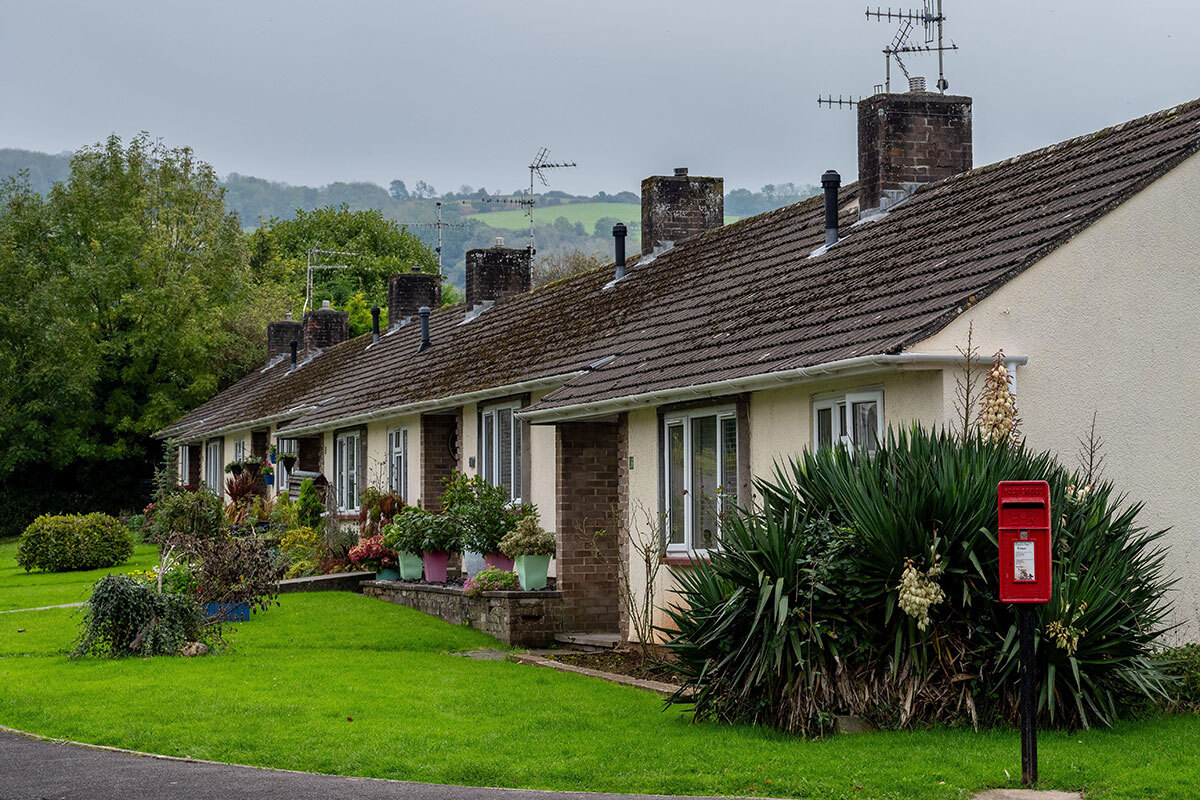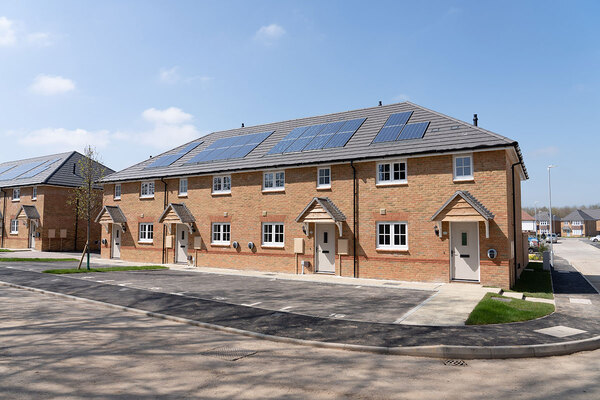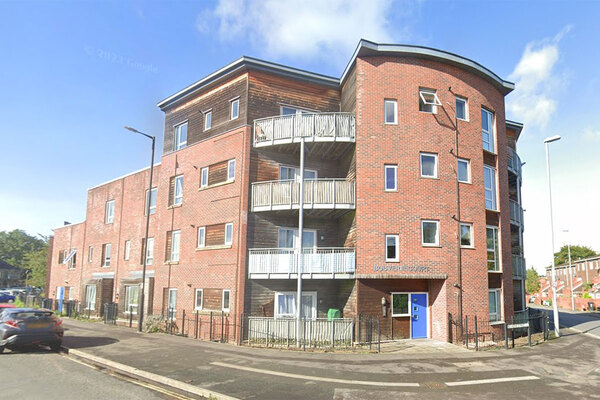You are viewing 1 of your 1 free articles
Taskforce urges Homes England to deliver one in 10 homes for older people
One in 10 homes delivered by Homes England should be for older people to combat the unaffordability of retirement housing, a government-commissioned taskforce has said.

The Older People’s Housing Taskforce found that current options for private leasehold housing for older people are “unaffordable” for most English households aged 75 years and over.
As well as setting a target to fund one in 10 homes through the Affordable Homes Programme for older people, the taskforce said ministers should expand funding for Homes England’s Older Persons Shared Ownership scheme and change planning guidance to encourage the development of more affordable retirement housing.
The report also called for a long-term “national housing strategy” for the country’s ageing population.
The taskforce was commissioned last year by the previous government and chaired by Julienne Meyer, emeritus professor of nursing at City, University of London. The final report was completed in May and published today (26 November).
Ms Meyer and her colleagues were asked to find ways to grow the specialised senior living sector and increase housing choice, quality and security for older people. The taskforce took a particular focus on the private market for people on middle incomes.
In her final report, Ms Meyer wrote that the retirement housing sector is “besieged with challenges” and that new models and regulations are “urgently required to build consumer confidence”.
She said: “The current dominant private sector models are just not working for the lower to middle-affluence market. And the current Older People’s Shared Ownership scheme is not attracting enough developers and operators either. Something new, which works well for customers, investors, developers and operators alike, is needed.”
According to the report, the UK needs between 30,000 to 50,000 new later-living homes a year to meet the demand of the ageing population. However, currently just 7,000 a year are built.
More than nine out of 10 over-65s currently live in mainstream housing in the UK, unlike countries with more developed ‘housing with care’ markets such as the US, Australia and New Zealand.
The report said that assisted living, often provided in retirement villages, “has been unaffordable for many” in the UK. The amount of money required to cover service charges, ground rents and care packages is “a key reason for homes being unaffordable”, as are high purchase prices.
The cost of an entry-level one-bed retirement village home starts at £140,000, rising to £650,000 for a luxury property at the integrated level.
Of the 6.7 million households headed by a person aged over 65, 1.34 million households with assets of less than £85,000 are more likely to rent from a social provider.
Meanwhile, 2.24 million older households have assets ranging from £85,000 to £325,000, making them “too rich to socially rent but also too poor to buy” most older people’s housing using traditional leasehold models, the report said.
In its recommendations, the report urged the government to standardise definitions of older people’s housing and later-living housing; set up an ‘office for an ageing population’; and consider community-led forms of older people’s housing.
Other recommendations included: establish a national information platform for retirement housing options; increase openness and transparency from developers and operators to build consumer confidence; and develop a long-term national housing strategy for an ageing population.
Housing minister Matthew Pennycook said there is “rightly significant national interest in the taskforce’s findings”.
He said: “The government recognises the importance of increased supply and improving the housing options for older people in later life, and we will give careful consideration to the many recommendations set out in the report.”
He added that he would “consider this issue further as we develop our long-term housing strategy”.
Mr Pennycook also noted that older people’s housing has “not been immune to the challenges faced by other residential leaseholders”.
The government will “quickly” implement the Leasehold and Freehold Reform Act 2024, he added, and “take further steps over the parliament to bring the feudal leasehold system to an end”.
Mario Ambrosi, chair of the Housing and Ageing Alliance, said the report is “a hugely important step forward in addressing the urgent need for more appropriate housing for our ageing society”.
He said: “Having a target of 10% of delivery through the Affordable Homes Programme for older people’s housing could make a real difference for the many thousands of people who would like to move but are unable to do so because of a lack of options. So, too, could the focus on ensuring planning guidance encourages delivery.”
He added: “Investment is also needed to maintain existing socially rented specialist housing and to support the many older people who wish to remain in mainstream homes for as long as possible.”
John Tonkiss, chief executive of McCarthy Stone, said: “While we welcome the report’s publication, we now need to see urgent action.”
Theo Plowman, assistant director of policy at the British Property Federation, said: “A long-term ‘national housing strategy for an ageing population’ is urgently needed to prepare for the profound impacts of our ageing society. Such a strategy would help people live healthier, more independent lives, make better use of housing stock, and reduce pressure on health and social care services.”
Spencer McCarthy, chief executive of Churchill Living, said: “By focusing on the scarcity of middle-market, independent retirement housing developments, the taskforce has correctly identified where the need is most acute. It has set out a series of low-cost, high-impact planning changes that would make delivering this specialist form of housing easier and more affordable.”
Caroline Abrahams, charity director at Age UK, said: “If we can get it right on older people’s housing, then there will be big spin-offs for the NHS, social care, the availability of housing overall and, of course, for older people themselves.”
Michael Voges, chief executive of ARCO (Associated Retirement Community Operators), said: “The recommendations of the taskforce are a clarion call for change, and show how we need to do things differently building on the experience of other countries.
“We wholeheartedly agree with the taskforce’s emphasis on the crucial role of long-term operations – in short, it’s not just about how we build new homes, it’s about how we make sure the services offered are sustainable and affordable to older customers for generations to come.”
Sign up for our care and support newsletter
Already have an account? Click here to manage your newsletters











